Do you need to get Sedated for Cosmetic Dentistry?
Cosmetic dentistry is a branch of dentistry that focuses on improving the appearance of the teeth and mouth. It includes a wide range of procedures, such as teeth whitening, veneers, and orthodontic treatment, which can be used to enhance the aesthetics of the smile. Many people choose to undergo cosmetic dentistry procedures to boost their self-confidence and improve their overall quality of life.
One question that many people have when considering cosmetic dentistry is whether or not sedation is necessary. The use of sedation in cosmetic dentistry procedures is generally not necessary, as most procedures can be performed using local anesthesia to numb the treatment area, allowing the patient to remain awake and alert during the procedure. Local anesthesia is administered through a series of injections around the treatment area, and it works to numb the area and reduce discomfort during the procedure.
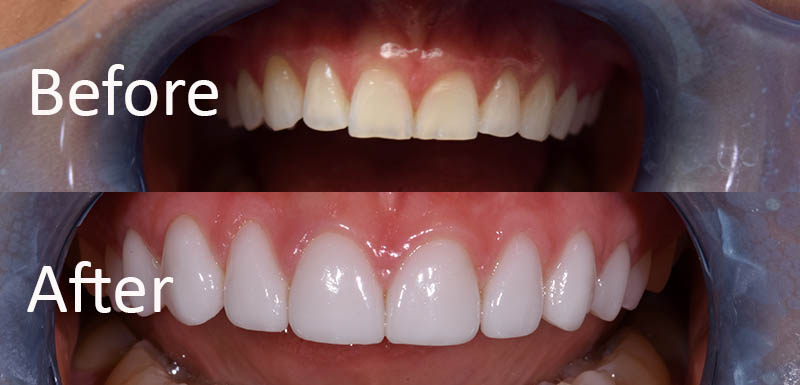
Sedation Dentistry is useful in for Cosmetic Dental Procedures?
However, some patients may choose to use sedation to help them relax during the procedure. Sedation options may include oral sedatives, intravenous (IV) sedation, or general anesthesia. Oral sedatives are medications that are taken by mouth and are designed to help the patient relax. IV sedation is administered through a vein and allows the patient to be conscious, but in a relaxed state. General anesthesia is administered through an IV and puts the patient to sleep for the duration of the procedure.
The type of sedation used will depend on the procedure being performed, the patient’s medical history, and the preference of the patient and dental professional. It is important to discuss the use of sedation with a dental professional before undergoing any type of cosmetic dentistry procedure. They will be able to assess your individual needs and recommend the best course of treatment for you.
In general, sedation is not required for cosmetic dentistry procedures, but it is an option that is available for patients who are anxious or nervous about the procedure. It is important to discuss all of your options with a dental professional to determine the best course of treatment for you.
 2918 Spencerville Rd, #124Burtonsville, MD 20866
2918 Spencerville Rd, #124Burtonsville, MD 20866  (301) 421 1118
(301) 421 1118 
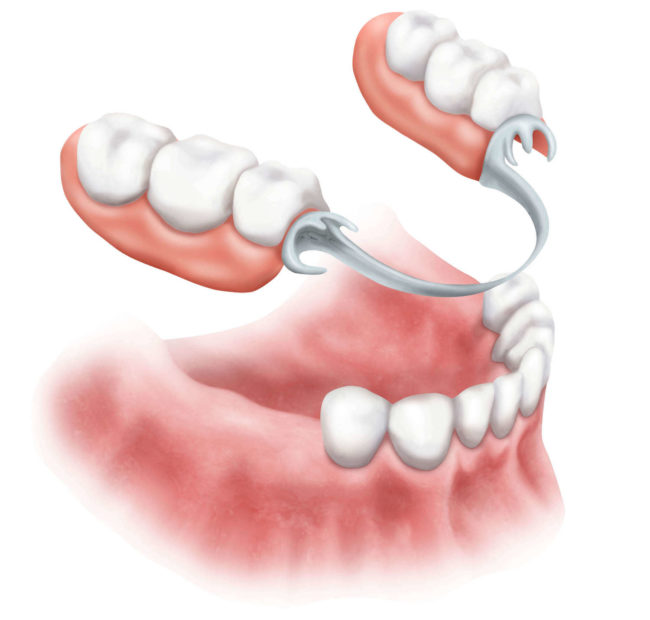
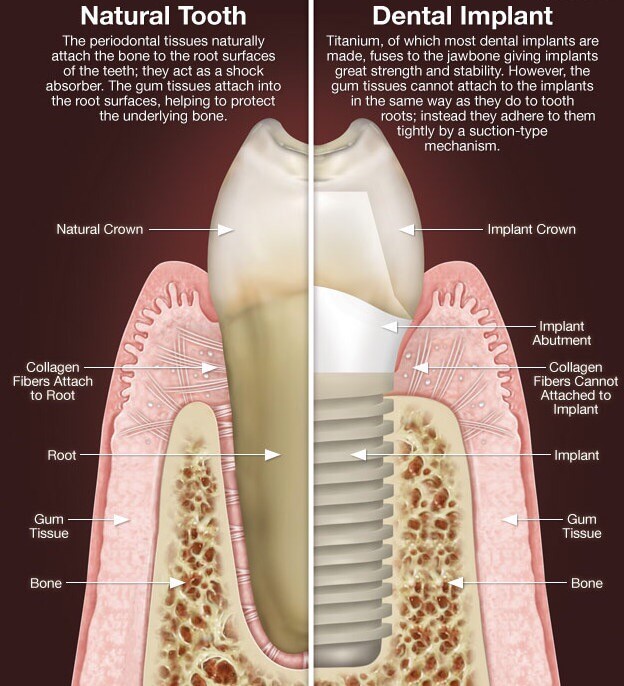
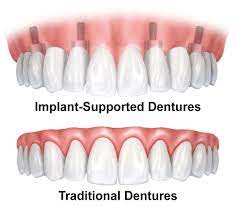

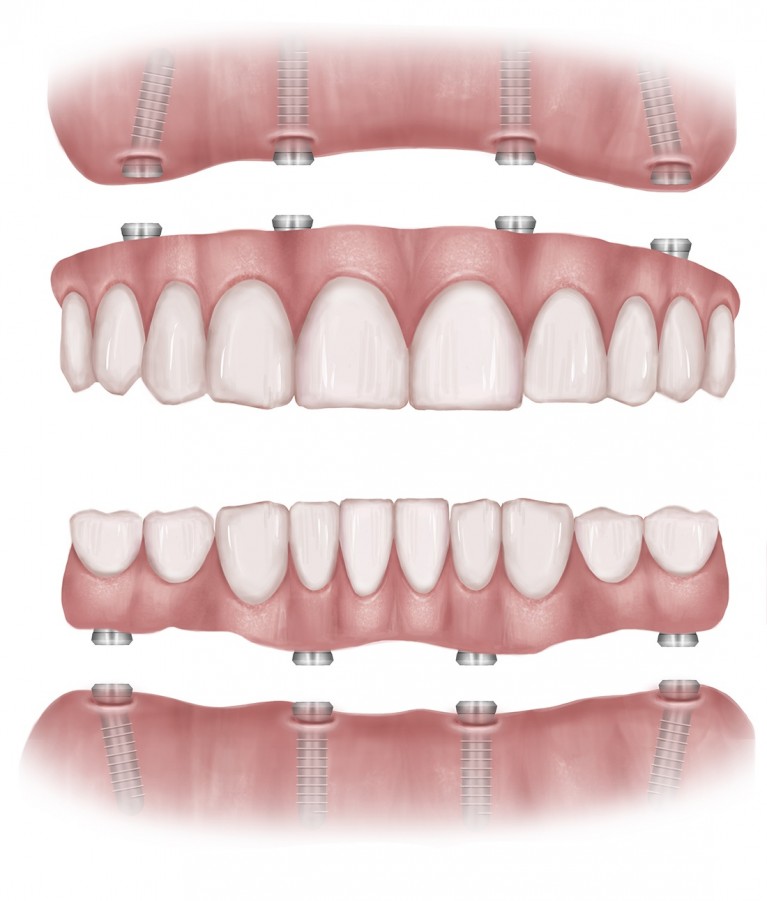
0 Comments
No comments yet. Be the first to comment!
Comments are closed.